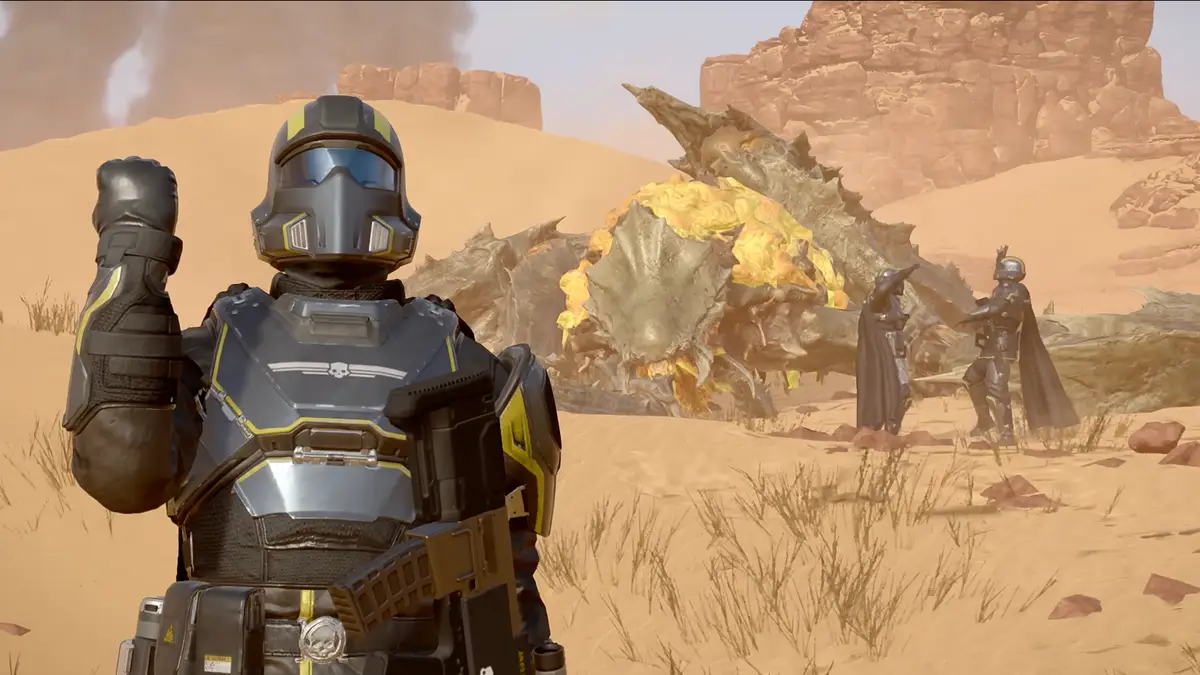This blog post tackles the complexities of live-service games through the lens of Helldivers 2. While live-service titles often get a bad rap for prioritizing monetization over content, Helldivers 2 demonstrates how the model can be implemented successfully.
Are Live-Service Games Bad?
Live-service games have become synonymous with titles that:
- Focus on monetization: Locking significant content behind expensive battle passes.
- Offer incomplete experiences at launch: Charging full price for a game lacking features that are then sold piecemeal.
- Prioritize profit over players: Making gameplay decisions based on shareholder interests rather than creating a fun experience.
These practices have led to widespread gamer frustration and a negative perception of live-service games.
How Helldivers 2 Bucks the Trend
Helldivers 2 stands out as a positive example of a live-service game by:
- Offering a full experience at launch for a reasonable price: The $39.99 price tag grants access to a substantial amount of content, avoiding the nickel-and-diming tactics common in other titles.
- Prioritizing fair monetization: The free battle pass provides a comparable experience to the paid version, with no option to skip tiers with real money. Progression feels rewarding and doesn’t punish players who don’t spend extra.
- Focusing on cooperative gameplay: The lack of a PvP mode ensures everyone works towards a common goal. Players who choose not to buy microtransactions aren’t disadvantaged.
The Future of Helldivers 2: Hopeful, But Not Without Challenges
Live-service games still face inherent difficulties:
- Server dependence: Always-online functionality can lead to frustrating experiences like queue times and solo play limitations.
- Uncertain lifespan: Live-service games are vulnerable to business decisions that can drastically alter the promised experience, including content cuts and server shutdowns.
However, Helldivers 2 seems to be addressing these concerns by:
- Prioritizing communication and community trust: Rapid patches and honest communication from the developer, Arrowhead Game Studios, foster a positive player experience.
Conclusion: Live-Service Games Can Thrive When Done Right
While the live-service model isn’t inherently bad, responsible implementation is key. Helldivers 2 exemplifies how prioritizing the player experience with fair monetization and open communication can lead to a successful live-service title. This bodes well for the future of the genre, as it demonstrates that gamers will respond positively when developers put gameplay first.

